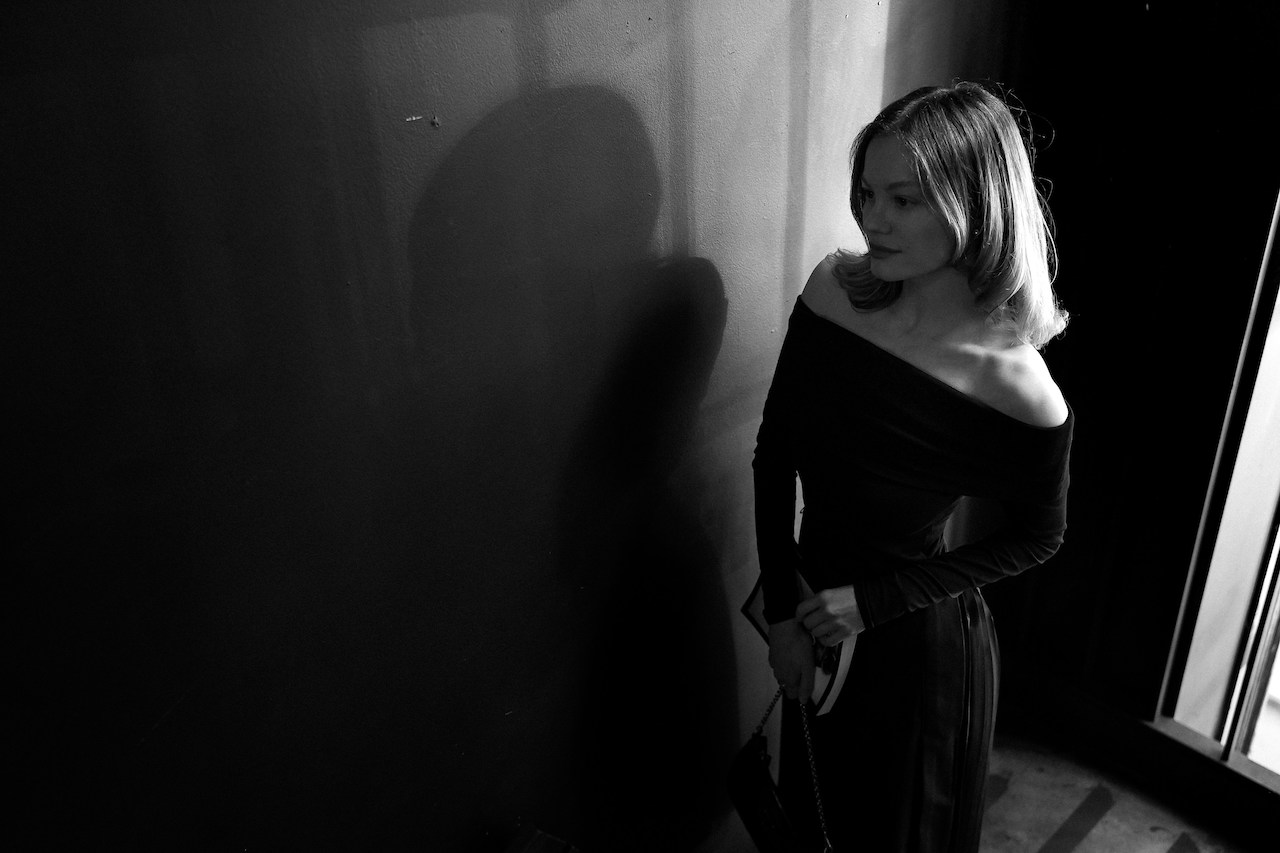By Kat Smith
The excitement had been building for a while: it’s a been three years since Sherlock appeared on the small screen, the billboard advertising for the show was a stroke of genius. And of course, it was a new decade, the BBC surely would ring in 2020 with a bit of a bang. Would Steven Moffat and Mark Gatiss successfully revive another prominent literary figure for the BBC? Or would they over complicate and dilute the story line like Moffat did with Doctor Who? I’m still not over that.
Starting out with an almost uncomfortably long scene we meet Harker in what can only be called a sorry state. ÔÇÿGaunt’ doesn’t even come close; try ÔÇÿVoldemort’ instead. He begins telling his story to the two nuns questioning him as a fly crawls inside his eye and his skin becomes greyer. Over the next 90 minutes, we are given a playful, albeit bloody, beginning to Harker and Dracula’s story. We also find out Sister Agatha is actually Van Helsing in a slightly predictable yet still enjoyable twist.
The next episode takes the story to another level, with Dracula picking off the passengers on the ship to England one by one in a very un-mysterious rendition of And Then There Were None. In short: for two episodes, Dracula was sexy (well, it had Claes Bang in it) and infused with the humour and satire, signature of the writing duo. Maybe they were going to do this one right.
In short: it all started so well. Then episode three happened.
At the end of the first episode, I really thought “Maybe Steven Moffat won’t screw this up like he did with Doctor Who.” Oh boy, I was so wrong. Imagine if Russell T Davies got his hands on this ÔÇô I would still be able to sleep at night knowing they let such a great adaptation go from 100-0 in three episodes. Also, why are they incapable of making episodes under 90 minutes? I have a life to live.
But it was still all to play for ÔÇô modern-day Sherlock was a triumph and definitely played a starring role in Benedict Cumberbatch’s launch into fame and the contemporary element breathed a new lease of life into an over-adapted story. During the first episode, I thought: “hey, Dracula residing in a Kensington mansion would have made this a lot of fun!”, but when it came to actually launching into the 21st century for episode three, I was getting serious Young Dracula vibes. As much as I loved it at 12-years-old, I didn’t need it at the age of 21. And the novelty of the protagonist not knowing what a television is also wore off after about 3 seconds.
To put it bluntly, it was all a bit of a mess. The over complexity of the final episode, teamed with the smugness of Lydia West’s Lucy Westenra, made it hard to digest. Every time I looked for some kind of deeper meaning to all the madness, I came up short ÔÇô it all just felt like a desperate attempt to make this a quirky adaptation, and it ended up falling flat. And of course, with Van Helsing being a woman, it had to end with a sexual sunlit fantasy between the two of them.
Credit where credit is due though, the cast are pretty amazing. Claes Bang’s simultaneously charming and outrageous performance as Dracula makes the series slightly forgivable. Dolly Wells’ Sister Agatha is a standout with her quick and dry non-religious quips and echoes the thoughts of the viewer, asking obvious questions with excellent comedic timing to break up the tension.
For those with a morbid curiosity like me, there was plenty of gruesomeness too. Dracula melodramatically fights his way out of a wolf’s body, complete with all the squelching and groaning you would expect, while a close-up of Harker removing his own dead fingernails is enough to sort the fainthearted from the strong.
I had high hopes for BBC’s Dracula, but it left me feeling how most men have: disappointed, confused and a bit pissed off. We all make mistakes, but I hope Moffat and Gatiss come back with something a bit spicier for 2021 ÔÇô after the year we’ve already had so far, we deserve it.


